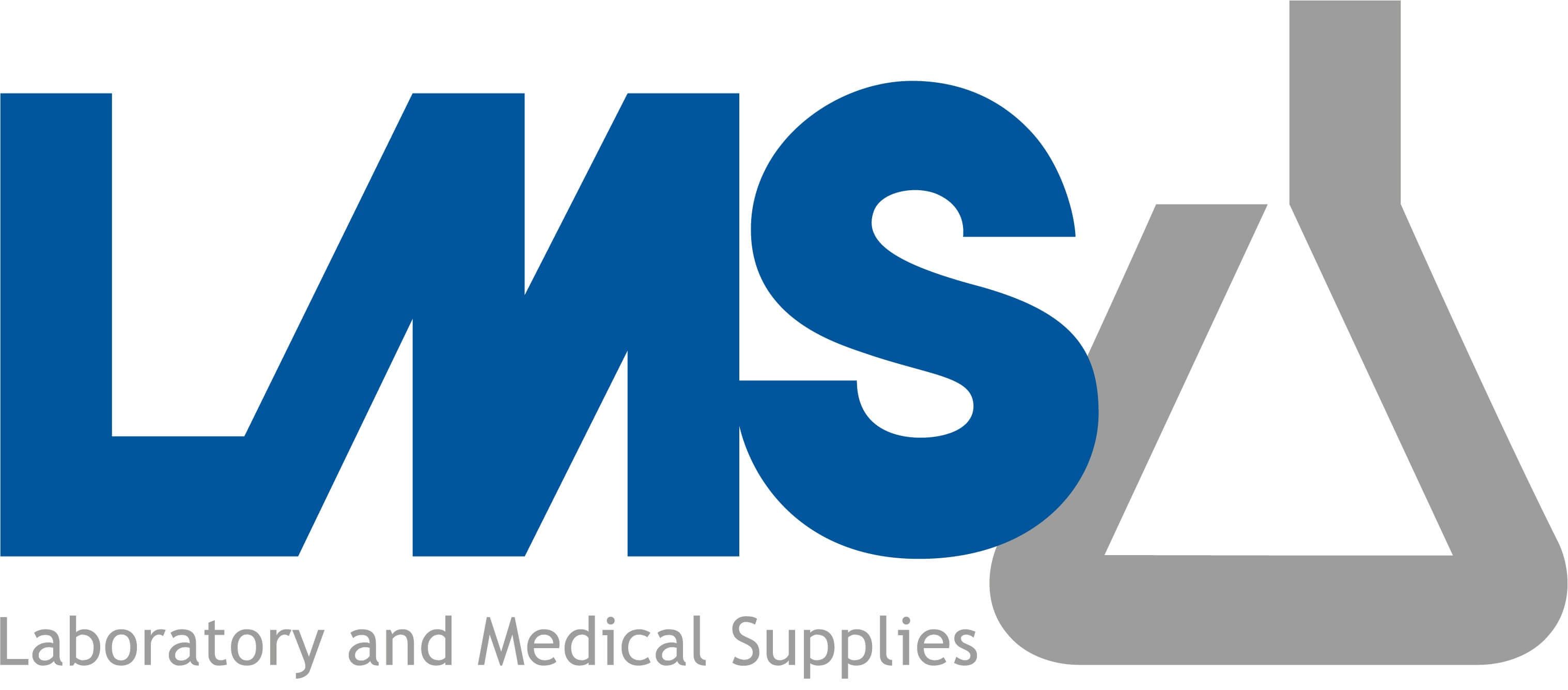Asynt hereby announces the publication of the updated 2020 version of the popular practical guide to the safe use of laboratory heating units.
When properly used by laboratory scientists worldwide, the heating blocks are a safe, practical and productive tool for heating flasks, tubes and vials. When the heating blocks are typically used with a standard magnetic stirrer with a heating plate, they have been proven to have superior thermal conductivity properties compared to oil baths. In addition, the risk of fire is much lower and cleaning the glass is much easier, as the outside of the reaction vessel is not contaminated by oil residues. oday it is widely recognised that you can not only speed up your chemical reactions with heating blocks, but also work in a safer, cleaner and healthier working environment.
Dr Ffion McKeague – Technology Manager at Asynt says: “Our original practice guide was written in conjunction with internationally recognised experts from the Faculty of Chemistry at St Andrews University and Advanced Chemical Safety Inc.. The 2020 Laboratory Heating Block Practice Guide has been updated with new improved illustrations and technical data to provide you with best practice on glass inspection, reaction set-up, reaction heating and post-reaction cooling”.
To download a copy of Laboratory Heating Units – Practice Guide (2020) please visit https://www.asynt.com/product/best-practice-guide/ or contact Asynt on +44-1638-781709 / enquiries@asynt.com
Asynt is a leading provider of affordable products, consumer goods and services for chemists in industry and academia. A staff of highly trained chemists provides the in-depth application know-how on which Asynt relies for the high-level support of its customers with its DrySyn heating blocks, Controlled Lab Reactors, Synthesis Tools, evaporators, circulators, temperature control systems, vacuum pumps and laboratory safety equipment.
Press Release February 2020: Asynt Ltd.




